Description
Contraband
by Juan Pablo Mobili
Finalist in The Poetry Box Chapbook Prize, 2021
Juan Pablo Mobili’s poems are born from living life with eyes that wish to stop seeing but remained open, and bear the record of being a citizen of one family and two countries. In them you will meet the people he loved and deeply shaped what he must pay attention to, and a personal city that keeps establishing its presence and its mark —the cadence of Buenos Aires and the rhythm of New York— full of memories of beauty and the insistent tragedies that still take place, the injustices committed on people who have not deserved them.
In Contraband’s poems you will meet the poet’s mother and his father who visit long after they passed, accounts of the blessings and the curses of remembering what he has witnessed, watching the world struggling with itself and, sometimes, reaching redemption.
Ultimately, these are poems about a certain hard-earned joy, having managed some reconciliation with turning out the way he has, a human being—“the only animal that blushes, or needs to,” as Mark Twain wrote—still skeptical but rooting for kindness winning its fight against indifference. Molten material to shape into poems that may matter to the reader, or at least a way to make the world a more hospitable place.
ENJOY A VIDEO OF JUAN READING FROM THE BOOK:
Juan Pablo Mobili — A Featured Poet on The Poetry Box LIVE (March 2022)
Juan’s Pushcart Prize Nominated Poem:
They Thought They Were Angels
Those were the years when the Flying Panini Brothers
would soar onto the modest void of their small tent
holding a rose’s stem between their teeth like a bear carries her cubs
As imperfect as they were, they thought they were angels;
on the ground they were fallible creatures, but in mid-air
they felt holy, like hummingbirds God made with His own hands
Those were the years when young women came back from the prom
with their brand-new dresses ripped under their coats
after some holy boy dropped them off at their homes
You could see them driving away, drunk and laughing
down the street, and disappear into a darkness that would last
forever in the young girls’ hearts
Those were the years where all of God’s voices led us to silence
to admire men because they seemed to glide under the circus tent,
unimpeached by conscience or society under their tiny capes
and now they are beginning to fall one at a time
like the fruit of a misshapen tree that finally dies
like impostors with wings who thought they were angels.
About the Author

Juan Pablo Mobili was born in Buenos Aires, Argentina, and is an adopted son of the City of New York. The son of a teacher and a poet, his work tells the story of the joys and tragedies of a citizen of two countries, willing to face life head on.
His poems have appeared in The Worcester Review, The American Journal of Poetry, Mason Street Review, The Red Wheelbarrow Review, The Banyan Review, First Literary Review-East, New Feathers Anthology, and Spirit Fire Review, among many others.
In addition to that, one of his poems received Honorable Mention by the International Human Rights Art Festival for the Creators Justice Awards 2020, while others have been nominated for the Pushcart Prize and the Best of the Net Anthology. He has also co-written a chapbook of poems in collaboration with Madalasa Mobili, titled Three Unknown Poets, which was published by Seranam Press.
If there’s a thread to his poems, is his lifelong intention to have poetry make the world a more hospitable place.
Early Praise for Contraband:
At once intimate and broad in scope, Contraband deftly and poignantly bridges the political and the personal, and is, at its core, a lyrical and cutting exploration of the meeting place between human suffering and resilience. In the seam, breath is outlawed, men stand on rooftops cursing bombers as explosions fall across the land. But here there is also a grandmother falling in love. This in-between place is a world where warmth and tenderness feast at the same table as dictators.
—Caprice Garvin, poet and novelist
These poems are full of gorgeous and fresh imagery. Often, their extended metaphors are used to bring attention to and examine our everyday lives. In this examination they magnify the nuances of ordinary moments, showing the beauty and grief and, sometimes, uncertainty and confusion of life without ever forcing an answer. These poems are a testament to how the mundane is sacred.
—Rebecca Watkins, poet, author of Sometimes in These Places
Juan Pablo Mobili navigates the branches of image that reach toward and draw from memory without a false step. His worlds, his family, his perceptions all do a dance that is a wonder to get caught up in, and the delicacy of his words belies the power of their impact. There are very few poets whose work is so consistently thought-provoking and heartfelt.
—Siwsan Gimprich, poet
I was struck immediately by its humanism, its lyrical command born of precision and restraint. Whether he is writing about the death of his parents, or the secrets that move within us like a second body, his poems are quiet chronicles of our mysterious journeys as living creatures.
—Robert Hirschfield, poet and essayist, author of The Road to Canaan
Juan Pablo Mobili has a rare depth of understanding that shines in everything he writes. He expresses feelings with an authenticity that sometimes will lead you to tears and at other times, a humor that will make you laugh out loud.
—Judy Emery, publisher and editor of selections from the tape letters of Robert Lax
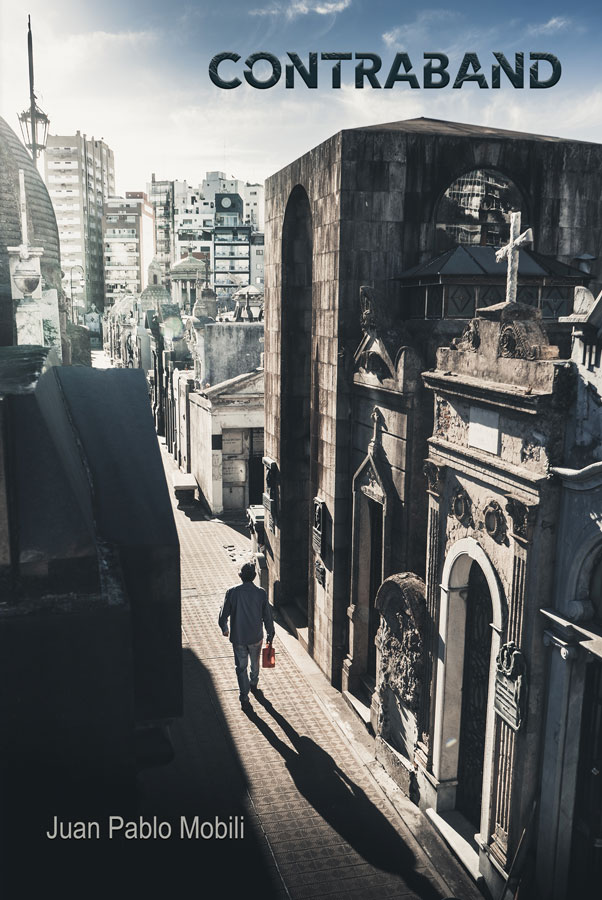
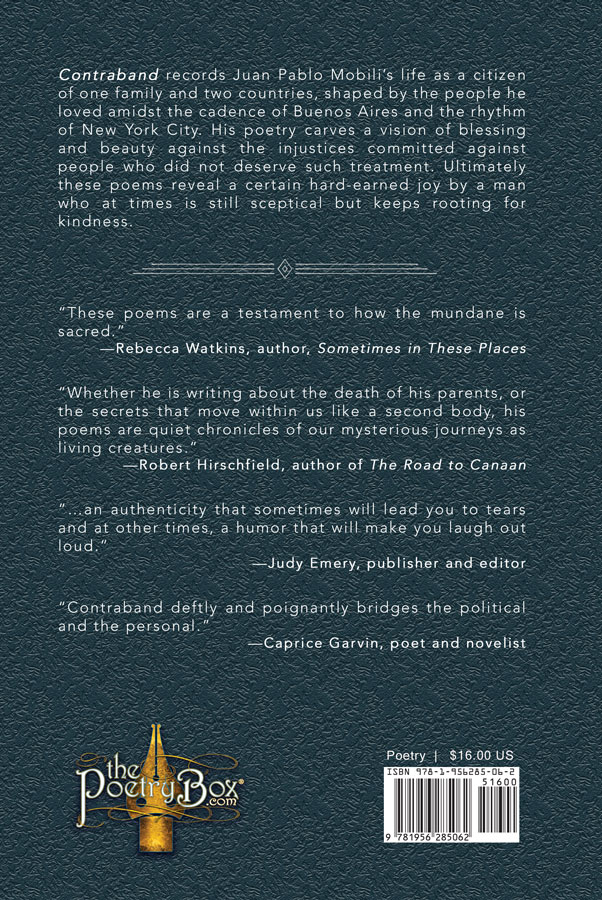
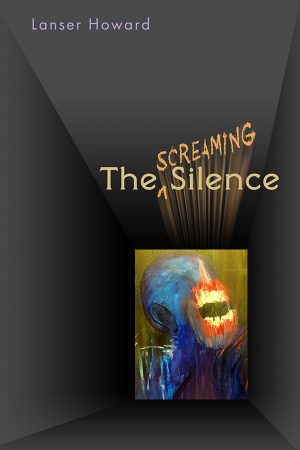
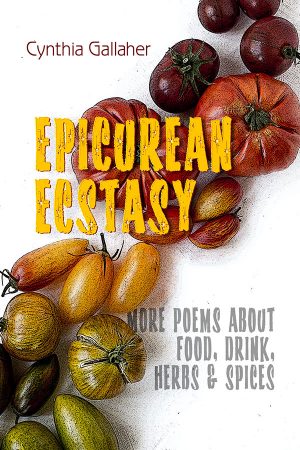
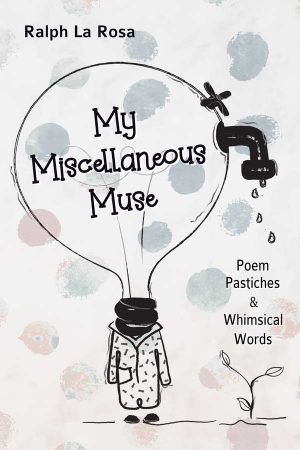
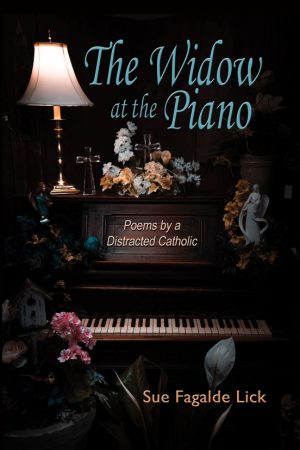

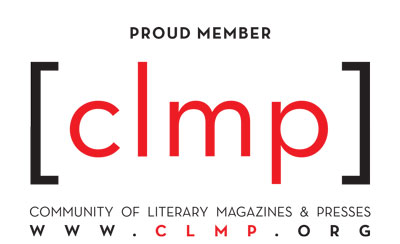

Don Beukes Author of ‘The Girl in the Stone’ –
A Review by Don Beukes, via GoodRead.com
In ‘Contraband’, Juan Pablo Mobili poignantly and introspectively reflects on his past; not dwelling on it but returning to key pivotal moments of his life, into vignettes that have shaped his life experiences and making sense of his memories and echoes of the past, to learn from and to carefully document moments that some of us might share or relate to; from our own cultural, social and spiritual experiences in this earthly existence. In Mobili’s own words, he states,
“What we will read and has become quite true for him; is that he doesn’t so much write about the past but rather return to it, to learn what he has missed.” – © Juan Pablo Mobili
This is what makes this special personal account of Mobili’s memories an engaging reading experience, gifting us with precious literary frescoes of family life, the loss of loved ones, teenage love, how politics steer our lives; and historical references. Born in Buenos Aires, Argentina, and an adopted son of New York, the author writes about his tragedies, joys; and life’s lessons that have shaped and informed his life. He reminds us of the ‘human condition’, which we all know so well, wherever in the world we find ourselves in; as each culture grapples with the intricacies of humanity and all the difficulties and joys related to it.
From the onset of this reading experience, Mobili leaves no stone unturned to introduce us to his world, his personal matrix, and certainly his reflections of a moral compass seemingly broken in a society where those in charge steered his civil freedoms and liberal choices in this world dominated by divisive rules and ideologies. We get a clear sense of this in the title poem, ‘Contraband’, “A place where everything was banned/and the words that could inspire solidarity” and “prohibited songs/the length of hair/skirts/sorrows” In the line, “…and mothers walking silently in circles/hoping their daughters and their sons would be returned.”
This is quite profound and leaves the reader almost emotionally stunned. It suggests possible imprisonment, even abduction. Mobili realistically creates an atmosphere of dread and of punishable scrutiny and free-thinking in the line, “suitcases with false bottoms/of secrets”.
Mobili’s engaging use of language and poetic devices enhances the reading experience and realism to give us the most insightful linguistic nuances in order to come as close as possible to understanding the thoughts and fears of the subject matter. We see this in the line,
“A poem about the Titanic/stabbed by ice/smashed by a truck/risk the huge dent/sink with it, from ‘Maiden Voyage’. The author certainly makes us sit up and does not let go of the literary hooks he uses throughout this lexical journey.
Equally, we are reminded of Mobili’s origins in the poem, ‘Hummingbird’,
“I am still and always a boy from Argentina who sipped the wine of his father’s profound soul/and sucked eagerly the milk of his mother’s godly determination” This is a profound confession by the author as he proclaims, “I aspire to nothing less than the courage of a hummingbird/flying in place/a hero to flowers.
The theme of ‘loss’ is also poignantly explored, as in ‘Elija – Rest in Peace, Mr. Cummings’; “When someone decent dies the craters are deeper/the moon turns darker/ the hands hurt like hell/but they keep pointing up to the moon.”
Mobili shares a piece of ‘literary gold’ in the poignant yet emotive; ‘Hiroshima Mon Amour’ in the line; “the library ruled the longest wall of our small apartment.” We are given a clue into the inspiration for the poem; “framing the oil painting/from a still frame from the movie, ‘Hiroshima Mon Amour’. What follows is a cinematic writing quality, “On the canvass, the man’s hand/cupped the woman’s face” and “He looked at her/but she looked away”. This extraordinary moment continues; “Her grief glowed/the man and the woman became part of my life/that couple came with us/and I cup my hand.”
In ‘Tio Alberto’, Mobili shares an emotive yet celebratory homage to his great-uncle, “Other than his voice, it is his smile that I remember. The earnestness of his lips. The strength it must have taken to bring the smile slowly to the surface through leagues of dark ocean angry sea horses/memories of fires.” Here, Mobili executes an astonishing literary ability to visualize the poetic devices he selects for maximum impact and we are at the receiving end of this author’s extraordinary writing process. We also learn about the author’s mother, “She was born in a place her soul was never from/A prayer struggling through her lips/Let me face you, world after the last warm tab and smoke/please before the children start jumping”, from ‘The Last Warm Tab’. Additionally, we are afforded another insight into the author’s beloved mother, “My mother carried trust like an obligation/like pale skin around her finger like a ring”, from ‘The Ring (for my mother Maria Esther)’
In ‘Letter to My Body’, Mobili shares a shift in emotion, a shift in the mindset of a people increasingly on the edge, “I’m sorry I put you through so much/the way I renounced you/the smoking the lungs will caw about.” Is this a soliloquy of regret or even of a premonition of events to come? This sentiment has an almost cinematic quality but this is a lived reality. We sense this in, “By morning the country went from angel to monster/The smell of bread not to be trusted/our senses under surveillance/where you felt like a dog/invisible because you are so familiar.”
We find ourselves wondering, to whom and why? Mobili certainly manages to involve his audience in his thought processes locked within his literary messages and lessons throughout this engaging memoir.
Mobili returns to his father in various stages. In ‘Crows’, we get a sense of his father’s memory as a weapon for thought enemies, “My father, whose penance was a thorough memory and a frail heart that broke like a branch falls on the silence of snow.” We certainly are given a personal insight into the author’s father’s state of mind during personal difficulties and experiences, “My father had a crow that called him from the depths of his wing/pecking at every word he wrote.” We cannot but wonder if even thoughts were policed in such a challenging time in the history of the author’s family and nation. We are reminded of deep emotive scars and memories in the line, “My father, whose education was remembrance/clawed upon the noble cortex of his brain/watched his mother dry the dishes and too young to soothe her silence with the tissue around his heart.”
This is heart-wrenching yet familiar to those of us who have ever had to keep our thoughts to ourselves, either forcefully or even by law. Such is the emotional thread within humanity, which we can relate to if we ourselves have had to keep our thoughts to ourselves and tow the line, or else.
By the time we reach ‘God, My Father, and the bombing of the Churches’, we certainly are reminded why this collection is a literary necessity not just for the people of Argentina but for humanity and those in power. We are plunged into the soul of this collection in “But the story is really about 1954 when our President decided to empty every hangar in Buenos Aires and bomb the churches of our city/My father, the thin man without a God.” This revelatory reflection and testimony surely remind us why this had to be shared. Mobili does not stop to remind us why we need to hear this; “The explosions went on all night but no bomb ever fell close to the Lady of Our Garden/Then morning broke and the bombers fled like vampires to the shelter of their coffins/and the nuns walked single file back to their convent led by my father.
In conclusion, Mobili in a sense bids farewell to his mother and father and indeed to his homeland in this emotive but essential collection of memories, dreams, and liberation, not just personally but also universally. We in a sense also say farewell not just to Mobili’s memories but also to our own, especially those of us who have had to leave our homelands to find new shores. In the final pages, Mobili shares his most emotive memories, as in ‘Losing Your Parents’; “Their loss is always news even if you’re written heartfelt elegies already/When your parents close their eyes two moons eclipse your sun and a distinct absence begins to follow you like a timid dog at a certain distance, trying not to scare you.”
In ‘Farewell’, we also take leave of this emotive, personal and brave collection, “My mother passed away in the back of a Buenos Aires taxi/Her friend thought she was sleeping/At the eulogy the priest would raise his hands and say;
“Farewell passenger, may the scent of vinyl that always brought you joy accompany you to heaven, farewell…”
Don Beukes
Author of ‘The Girl in the Stone’